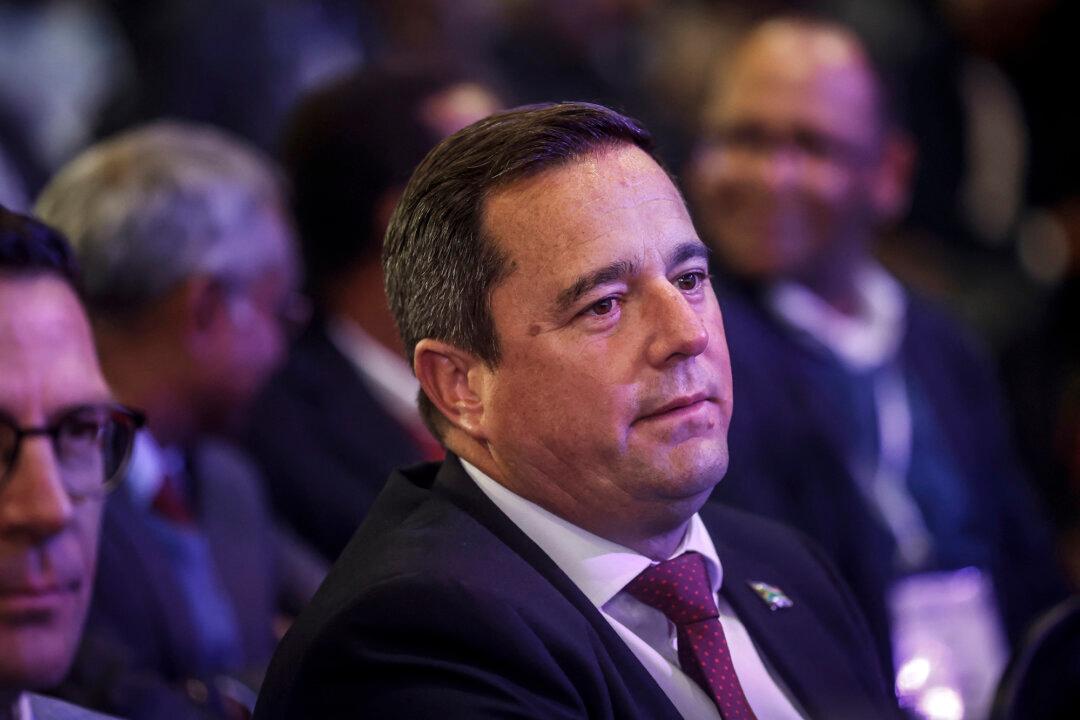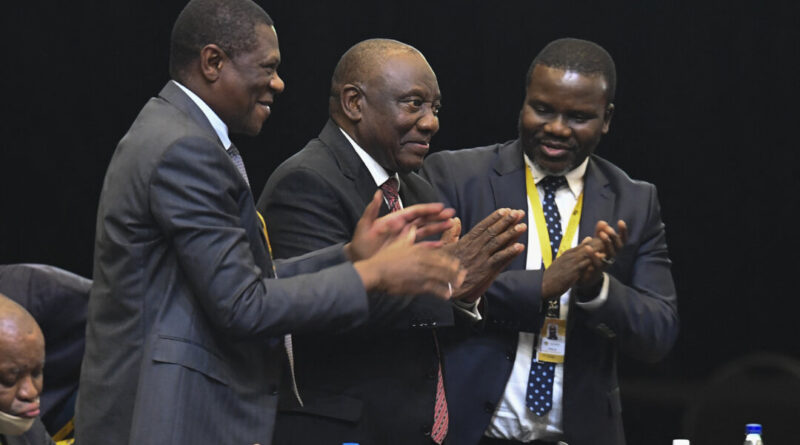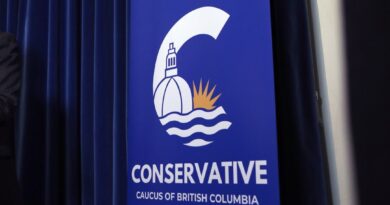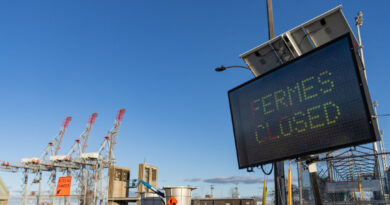Violence Lurks beneath Surface as New Government Forms in South Africa
Trouble is brewing in regions that support leftists as the ANC pledges a ‘move to the center’ and chooses white-led DA as main coalition partner.
JOHANNESBURG—South Africa’s unity government was confirmed on June 14 when the country’s second-largest political party, the Democratic Alliance (DA), signed an agreement with the African National Congress (ANC).
In terms of the deal, the DA’s 87 members of parliament, plus others from a few smaller parties, joined the 159 ANC MPs to support a second term as president for ANC leader, Cyril Ramaphosa.
The ANC, in power since the end of apartheid in 1994, was forced to lobby support from other parties, notably the DA, to form a coalition government after it recently slumped to its worst-ever election result.
It won only 40 percent of the vote following a national election on May 29.
Political experts said voters punished the party for years of corruption, economic mismanagement, and lack of coherent policy.
All have contributed to the crises facing South Africa, including the world’s highest unemployment rate; high levels of violent crime, with a daily murder rate of 84; service delivery failures that leave the country without electricity and water for long periods, and rising poverty and hunger.
The DA—often accused by the ANC of not caring for the poor and for representing the interests of South Africa’s white minority—came in second with 22 percent.
“There are many differences between us and the ANC and we’ve been bitter opponents for many years but we had to unite to keep certain forces out of the government,” said John Steenhuisen, leader of the DA.
“These forces want to destroy South Africa for their own selfish ends, and we could not allow that to happen,” he told The Epoch Times.
“So we achieved in 10 days what other countries take months to achieve: We formed a coalition government. We’re going to do our best to make sure it succeeds,” he said.
“But it’s a work in progress and all parties involved are under no illusion that tough days lie ahead. It’s not going to be easy. Nothing worth fighting for is ever easy, is it?”
The ANC and DA differ immensely in terms of foreign policy.
The former Soviet Union and China supported the ANC’s struggle against apartheid with weapons and money. The party’s foreign policy has reflected that, with the ANC forging close ties with Moscow and Beijing.

In contrast, the DA is pro-West, arguing for closer links with Europe and the United States, and shunning countries it considers to be authoritarian human rights abusers.
The DA’s inclusion in a “government of national unity” means South Africa’s two most radical, leftist parties—Umkhonto we Sizwe (MK), and the Economic Freedom Fighters (EFF)—are excluded from government.
MK, led by former ANC leader and South African President Jacob Zuma, and the EFF, led by firebrand former ANC Youth League chairman Julius Malema, want constitutional changes to allow state control of all forms of wealth, including land, banks and South Africa’s vast deposits of minerals such as gold and platinum.
This, they say, would allow government to seize private property, including white-owned farms, for “redistribution to the poor.”
Financial analysts say this would likely result in economic collapse, and cause investors and taxpayers to leave South Africa.
Mr. Zuma, deposed by Mr. Ramaphosa in 2018, says the country’s economy must be “taken back from white monopoly capitalists who are in league with Ramaphosa’s anti-progressive ANC.”
…





